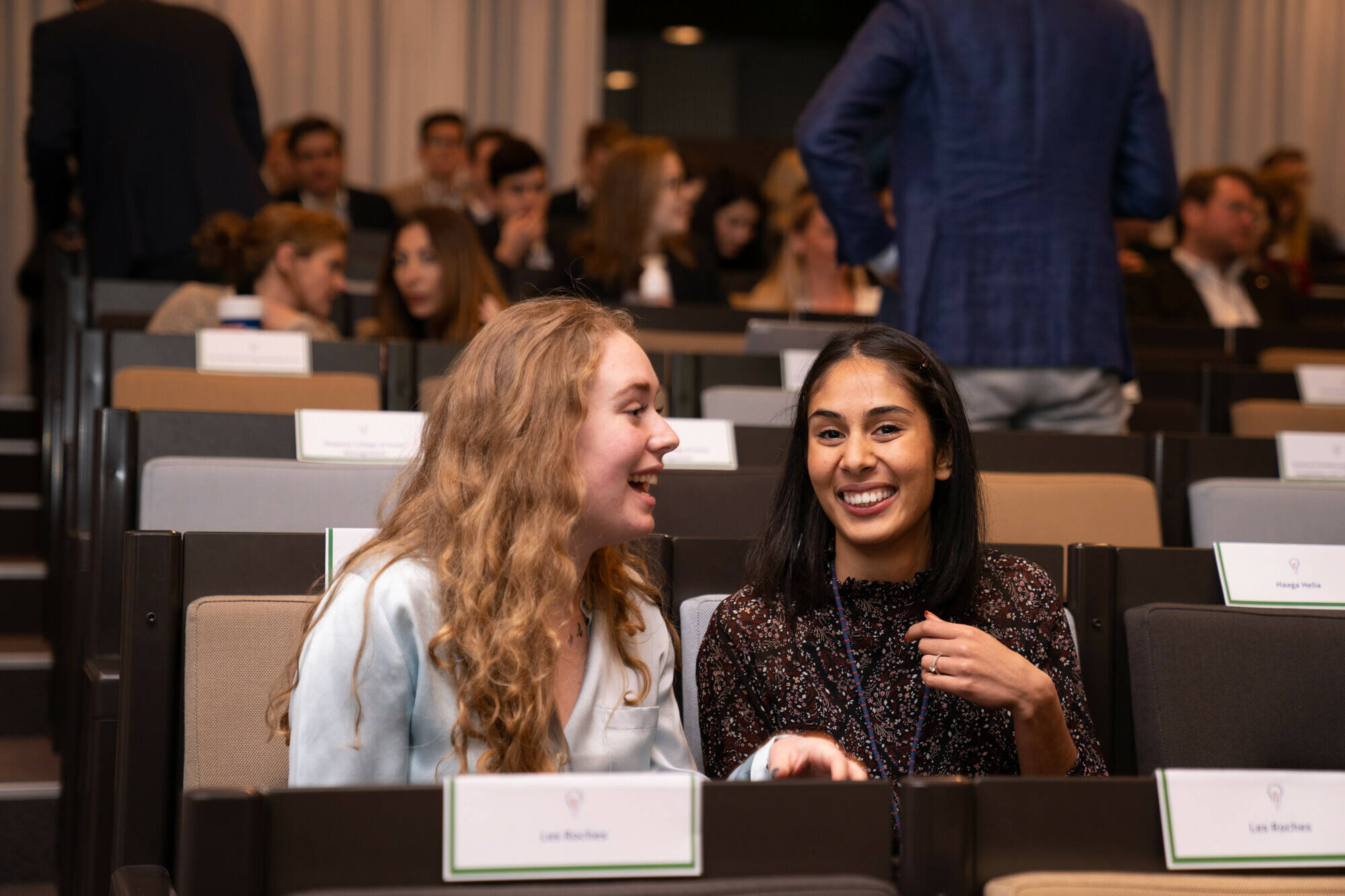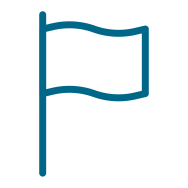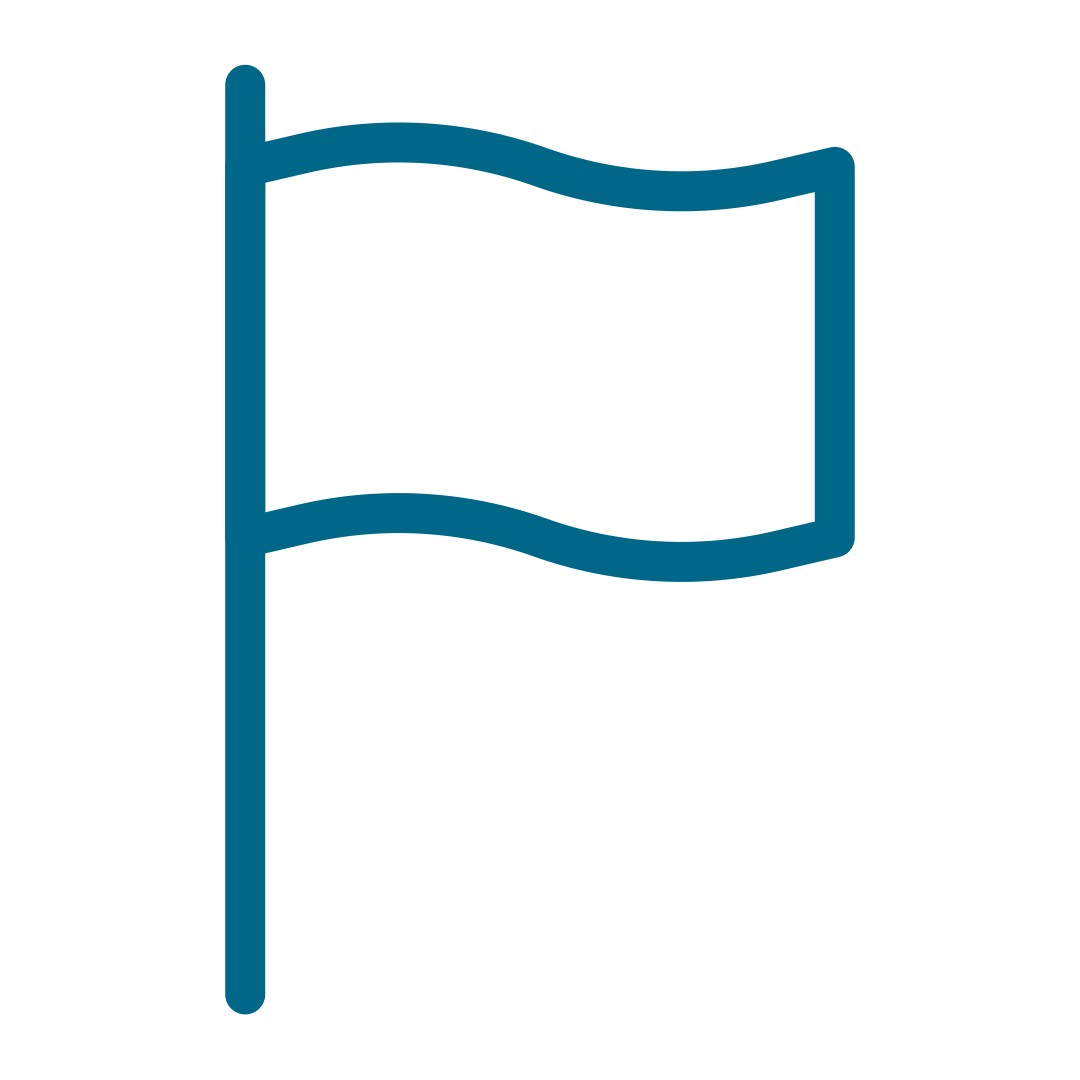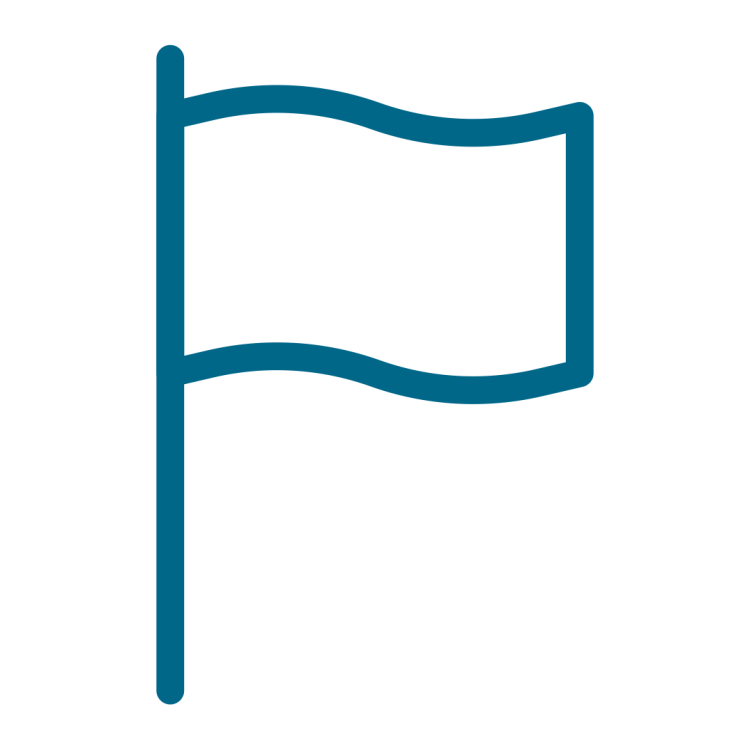
Back to Contents

Scroll Down
Achieved Learning Outcomes

Read Standards

Milestones Completed
In response to the recommendations of the last accreditation, we have implemented several initiatives aimed to ensure tight alignment and consistency of advice to students in the assessment of work placements and of their Bachelor thesis work. Also, the specification of the coaching role and its responsibilities as well as the responsibilities of the students have been reconsidered and improved structurally.
We have created peer group coaching scheduled on a weekly basis with students in a peer group.
Every block we also run calibration sessions when benchmarks of reports are performed by assessors, and information on individual grading is gathered and analysed.
The LYCar grading rubric has been revisited to increase the transparency of assessment by two assessors.
We have also compiled the LYCar Assessor Guide.
We have introduced an onboarding session for all new coaches through a LYCar Event session scaffolded by the buddy system of experienced LYCar coaches.
Every block we provide training sessions to coach the coaches to ensure consistency of their interpretive guidance of LYCar projects that include the workshops on academic writing, design-based research and leadership based on the format of supportive workshops student can follow.
Content wise we have implemented more refreshing and supportive workshops by using blended learning solutions through video creation (LYCar video series on Stream channel). We also increased consultation hours by the LYCar course team and introduced weekly Design-Based Research (DBR) consultation sessions and DBR workshops that are available as recorded video series.

LYCar 360° Evaluation was gathered from student representatives, students, coaches & assessors, placement office and other stakeholders.
Students perceived the workshops as well-structured, concise, and helpful. Resources on the worksite were deemed easy to find and relevant. Furthermore, the setting of the LYCar Event was described as enjoyable and exciting to be shared with the peers.
The coaches appreciated the clear structure following the Design-Based Research cycle and also, all the materials (videos, presentations, training sessions) that were available to support.

Current Challenges
It remains challenging to achieve full attendance of coaching and benchmark sessions by lecturers.
We have organised some training and benchmark sessions online and recorded them for the lecturers’ perusal. In addition, we need to establish a comprehensive framework for monitoring coaches’ performance and carry out interrater reliability checks. At present, it is also unfeasible to schedule any trouble shooting sessions to discuss doubtful cases and real-life examples before the release of grades.
The timely collection of student evaluations about the course as part of the quality agreement process should be improved. We have now a LYCar student doing research on creating an evaluation plan with various stakeholders.
Process wise we acknowledge that the quality of internship is not evaluated with students, coaches, and placement companies on a structured basis, which is important to future students & account management. Placement companies have hardly any direct contact with the HTH coaches. Although this is mentioned frequently in the training, coaches might not get to having a call with the company supervisor. Consequently, there is no official report in Osiris.
Process of end performance students’ need to be highlighted and improved for administration and for further assessment of coach.

Future Aspirations
Evaluation forms should be updated to the latest requirements and more in line with student journey.
We intend to analyse the conversion rate of work placements to graduate hires by collecting data from Graduate Employers Survey and HTH Alumni Survey. In the upcoming year we aim at consolidating and further strengthening the current set-up of LYCar:
Review Track 2 research projects, expectations student/commissioner, communication with Research Centre: process simplification where the student can also investigate their own research topic by finding a commissioner who is interested. Further alignment with minors.
Improve Track 3 (overall) and Track 5 (create where needed additional videos/assignment before students leave for the exchange).
Create additional interventions for delayed students LYCar-18 and LYCar-20.
Further alignment with updated Year 3 CLP, relationship- and self-management, where the Career Portfolio should be the result and not a separate entity. Deeper reflection and proof of learning should be improved.
New start of Track 3: Entrepreneurship with integration of the previous elective/minor.
More network/knowledge sharing moments, connection points within the LYCar journey with industry, faculty, and students.
Strengthen learning communities: tracks with fixed faculty, networking moments, alumni, buddies, industry partners, minors, support coaches to include previous students and stakeholders in PGC sessions (additional time needed for those coaches upon request).
Reduce workload of lecturer and LYCar Office by workshops, video content, strengthening the role of student assistants, optimizing the administrative processes.
Professionalise the research ‘climate’ by further extending the connection with the HTH Research Centre, providing support in acquiring research software and tools, further extending pool of research coaches allowing better fit between student topic and expertise coach, and professionalising dissemination of Premaster research projects.
Look at faculty needs with regards to training to ensure alignment.
Back to top


Back to Contents
Achieved Learning Outcomes

Scroll Down


Read Standards

Milestones Completed
In response to the recommendations of the last accreditation, we have implemented several initiatives aimed to ensure tight alignment and consistency of advice to students in the assessment of work placements and of their Bachelor thesis work. Also, the specification of the coaching role and its responsibilities as well as the responsibilities of the students have been reconsidered and improved structurally.
We have created peer group coaching scheduled on a weekly basis with students in a peer group.
Every block we also run calibration sessions when benchmarks of reports are performed by assessors, and information on individual grading is gathered and analysed.
The LYCar grading rubric has been revisited to increase the transparency of assessment by two assessors.
We have also compiled the LYCar Assessor Guide.
We have introduced an onboarding session for all new coaches through a LYCar Event session scaffolded by the buddy system of experienced LYCar coaches.
Every block we provide training sessions to coach the coaches to ensure consistency of their interpretive guidance of LYCar projects that include the workshops on academic writing, design-based research and leadership based on the format of supportive workshops student can follow.

Content wise we have implemented more refreshing and supportive workshops by using blended learning solutions through video creation (LYCar video series on Stream channel). We also increased consultation hours by the LYCar course team and introduced weekly Design-Based Research (DBR) consultation sessions and DBR workshops that are available as recorded video series.
LYCar 360° Evaluation was gathered from student representatives, students, coaches & assessors, placement office and other stakeholders.
Students perceived the workshops as well-structured, concise, and helpful. Resources on the worksite were deemed easy to find and relevant. Furthermore, the setting of the LYCar Event was described as enjoyable and exciting to be shared with the peers.
The coaches appreciated the clear structure following the Design-Based Research cycle and also, all the materials (videos, presentations, training sessions) that were available to support.

Current Challenges
It remains challenging to achieve full attendance of coaching and benchmark sessions by lecturers.
We have organised some training and benchmark sessions online and recorded them for the lecturers’ perusal. In addition, we need to establish a comprehensive framework for monitoring coaches’ performance and carry out interrater reliability checks. At present, it is also unfeasible to schedule any trouble shooting sessions to discuss doubtful cases and real-life examples before the release of grades.
The timely collection of student evaluations about the course as part of the quality agreement process should be improved. We have now a LYCar student doing research on creating an evaluation plan with various stakeholders.
Process wise we acknowledge that the quality of internship is not evaluated with students, coaches, and placement companies on a structured basis, which is important to future students & account management. Placement companies have hardly any direct contact with the HTH coaches. Although this is mentioned frequently in the training, coaches might not get to having a call with the company supervisor. Consequently, there is no official report in Osiris.
Process of end performance students’ need to be highlighted and improved for administration and for further assessment of coach.

Future Aspirations
Evaluation forms should be updated to the latest requirements and more in line with student journey.
We intend to analyse the conversion rate of work placements to graduate hires by collecting data from Graduate Employers Survey and HTH Alumni Survey. In the upcoming year we aim at consolidating and further strengthening the current set-up of LYCar:
Review Track 2 research projects, expectations student/commissioner, communication with Research Centre: process simplification where the student can also investigate their own research topic by finding a commissioner who is interested. Further alignment with minors.
Improve Track 3 (overall) and Track 5 (create where needed additional videos/assignment before students leave for the exchange).
Create additional interventions for delayed students LYCar-18 and LYCar-20.
Further alignment with updated Year 3 CLP, relationship- and self-management, where the Career Portfolio should be the result and not a separate entity. Deeper reflection and proof of learning should be improved.
New start of Track 3: Entrepreneurship with integration of the previous elective/minor.
More network/knowledge sharing moments, connection points within the LYCar journey with industry, faculty, and students.
Strengthen learning communities: tracks with fixed faculty, networking moments, alumni, buddies, industry partners, minors, support coaches to include previous students and stakeholders in PGC sessions (additional time needed for those coaches upon request).
Reduce workload of lecturer and LYCar Office by workshops, video content, strengthening the role of student assistants, optimizing the administrative processes.
Professionalise the research ‘climate’ by further extending the connection with the HTH Research Centre, providing support in acquiring research software and tools, further extending pool of research coaches allowing better fit between student topic and expertise coach, and professionalising dissemination of Premaster research projects.
Look at faculty needs with regards to training to ensure alignment.
Back to top

